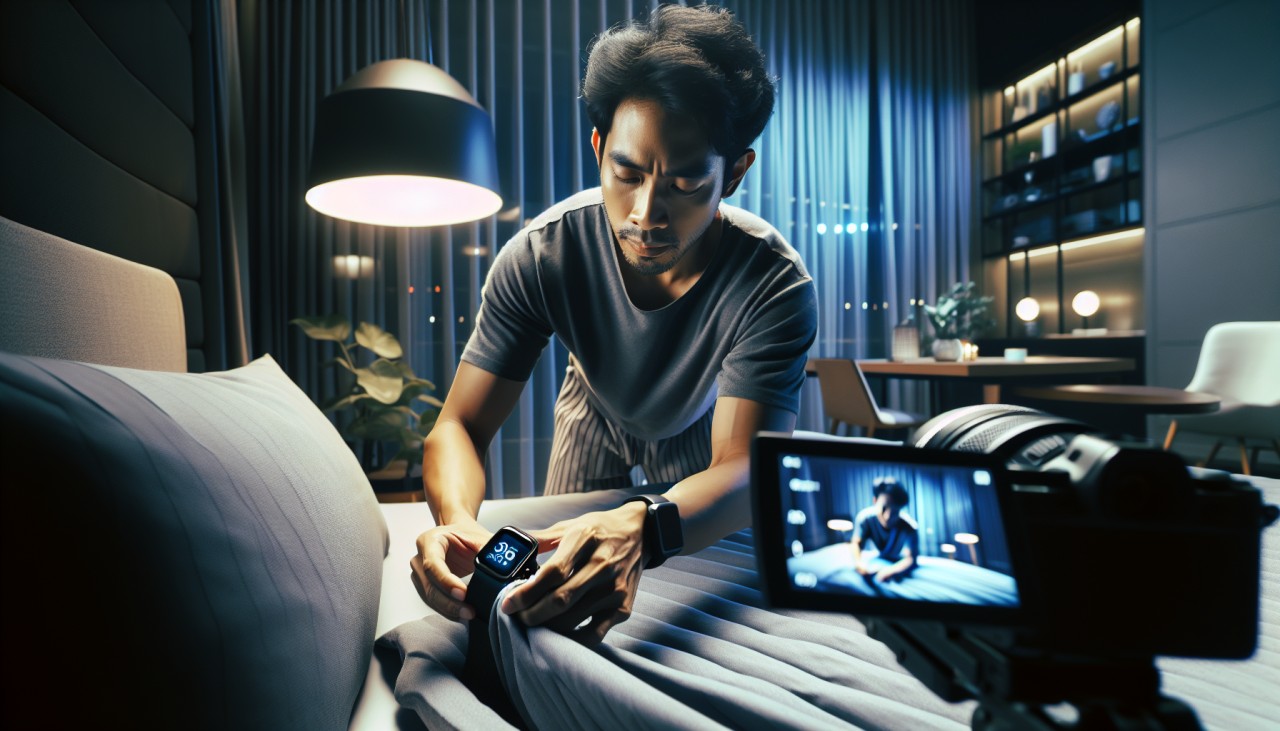In recent times, "sleepmaxxing" has gained popularity, especially on platforms like TikTok. This trend involves individuals trying various hacks to enhance their sleep quality, such as using sleep trackers, consuming magnesium-rich beverages, and reducing screen time before bed. While the intention behind sleepmaxxing is to improve rest, experts caution that some practices may lack scientific support and could even be counterproductive. For instance, over-reliance on sleep tracking devices can lead to anxiety over sleep data, a phenomenon known as "orthosomnia." Additionally, certain sleep aids and supplements may not be effective or could disrupt sleep patterns. Therefore, it's essential to approach sleep improvement strategies with a critical eye and prioritize methods backed by scientific research.
To genuinely enhance sleep quality, experts recommend focusing on evidence-based strategies. Maintaining a consistent sleep schedule, creating a cool, dark, and quiet sleep environment, and minimizing screen exposure before bedtime are fundamental practices. Engaging in regular physical activity during the day can also promote better sleep at night. Techniques like progressive muscle relaxation and mindfulness meditation can help reduce stress and prepare the body for restful sleep. It's important to note that while some sleep aids and supplements may offer benefits, they should be used cautiously and under the guidance of a healthcare professional. By adopting these proven methods, individuals can improve their sleep quality without falling prey to unverified trends.
Key Takeaways
- Sleepmaxxing involves various hacks to improve sleep quality.
- Experts warn against unverified practices and over-reliance on sleep trackers.
- Evidence-based strategies include consistent sleep schedules and a conducive sleep environment.
Example
To improve your sleep quality, consider establishing a consistent bedtime routine. This could involve activities such as reading a book, taking a warm bath, or practicing relaxation techniques like deep breathing exercises. Reducing screen time at least an hour before bed can also help signal to your body that it's time to wind down. Utilizing apps that promote relaxation, such as Calm or Headspace, can guide you through meditation sessions designed to prepare you for sleep. Additionally, ensuring your bedroom is dark, quiet, and at a comfortable temperature can create an optimal environment for rest.
